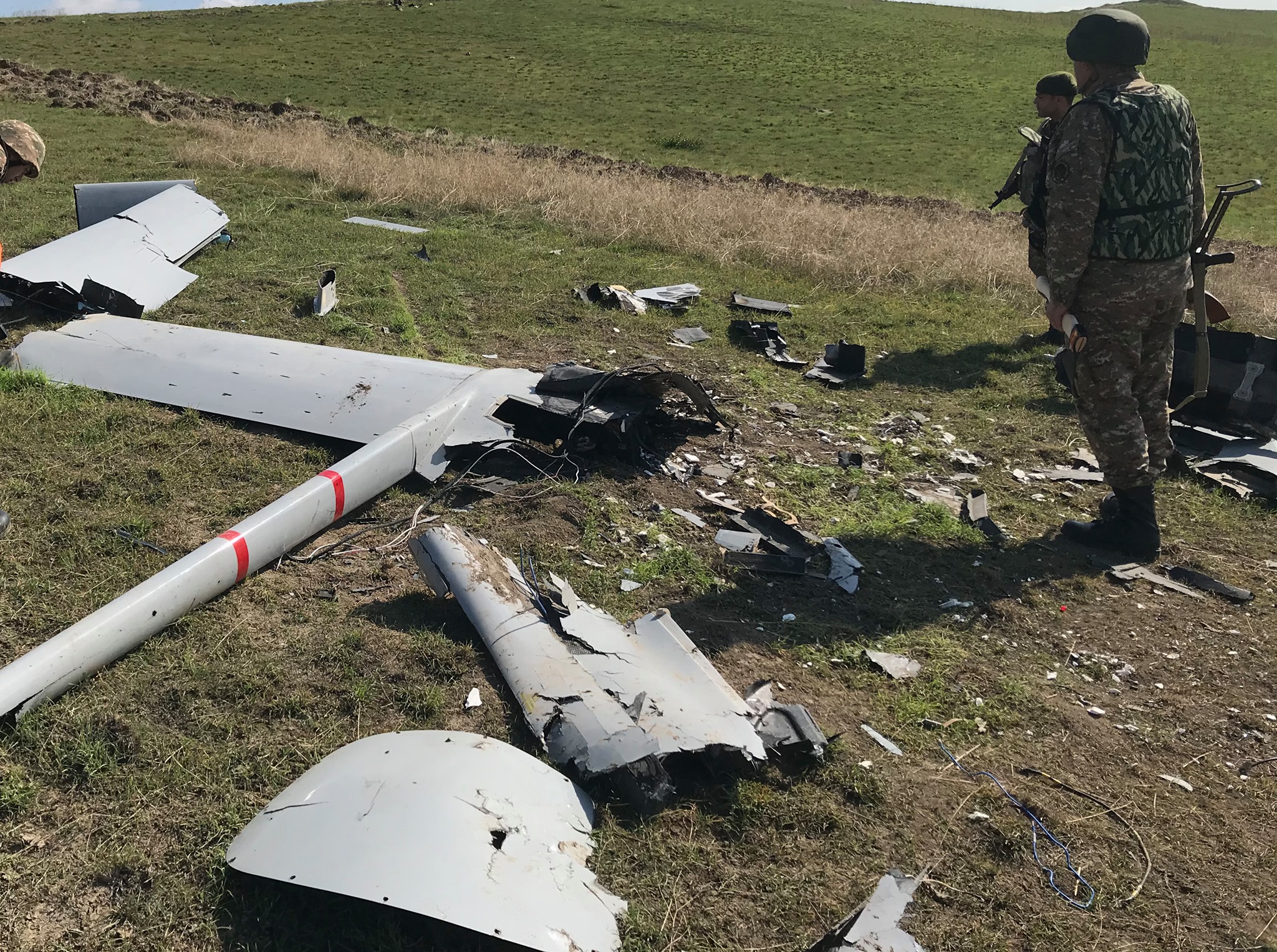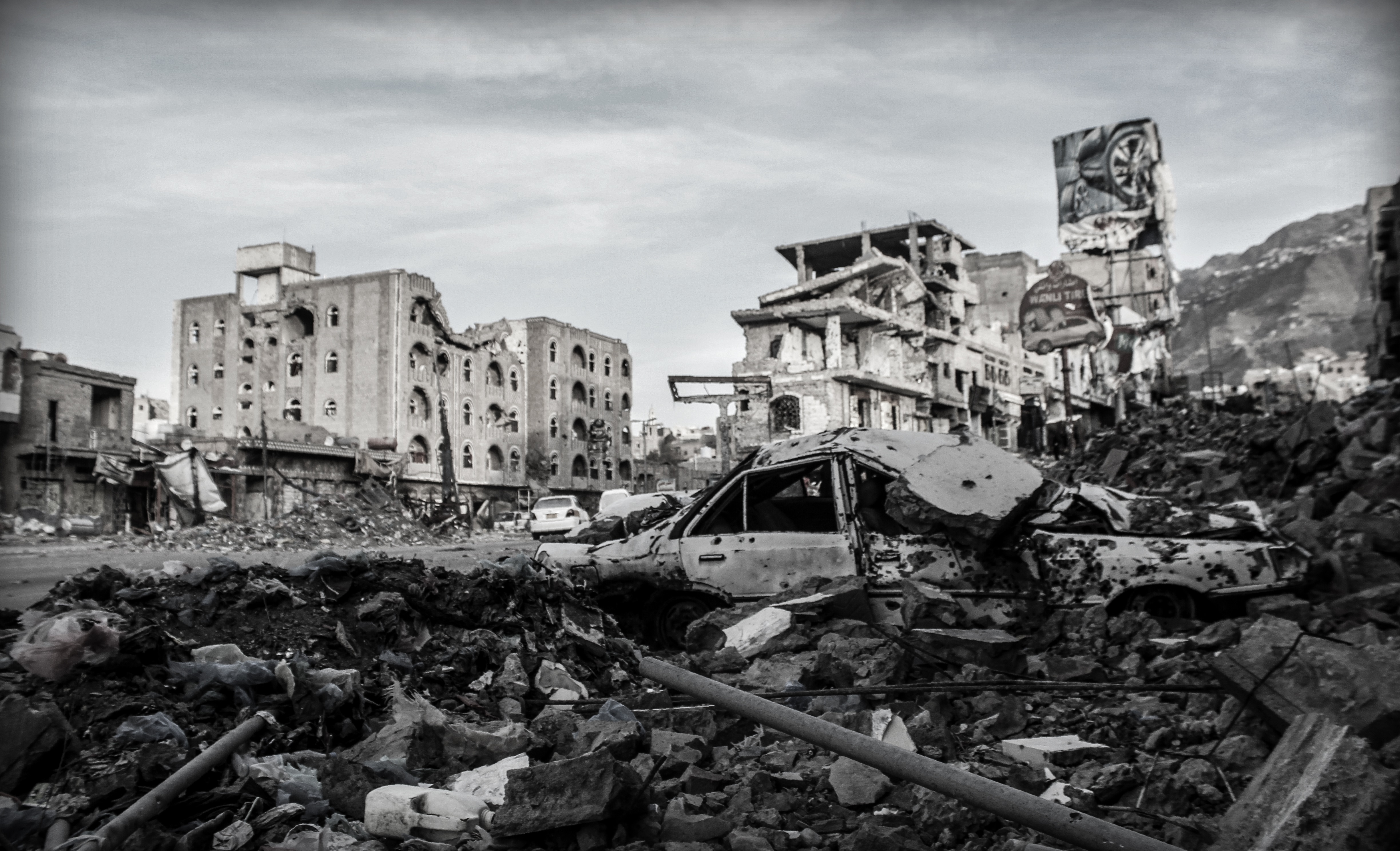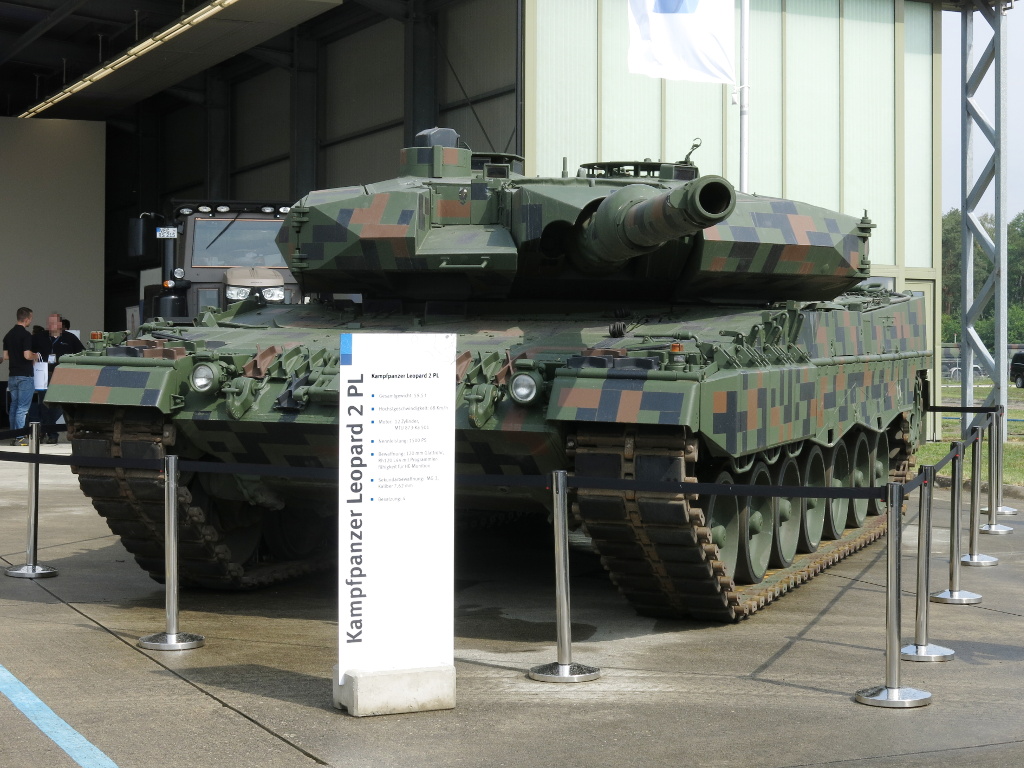ExitArms identifies companies around the world that make part of their profits by selling weapons to war zones. Some drastic examples of this practice and relevant developments around ESG and defense companies, are summarized in case studies.

ExitArms Database under Chinese cyberattacks
During an update of the ExitArms Database, the website has been paralyzed by bots with Chinese IP addresses. The database update shows how Chinese, Russian, European and US companies export weapons to war zones worldwide. These findings provide a differentiated view on arms companies in the current ESG debate. ESG investment funds increasingly invest in arms companies, citing the need to equip democratic states for national defense. However, these companies also export weapons to war zones like Yemen, Syria, Libya, Sudan, Gaza, and Myanmar. Therefore: Arms production may be necessary, but this does not mean that private investments in the arms industry should be classified as sustainable.
Arms companies that do not belong to the defence sector?
Most ESG corporate ratings are relative assessments compared to the overall ESG performance of the industry sector of the respective company. Some companies export arms to war zones and make a large part of their sales with armaments, but are not assigned to the defence sector by all ESG rating providers. ESG ratings which evaluate companies relative to the performance of the respective sector, therefore compare tese arms companies not to the defence sector, but to other sectors - thereby influencing the ESG ratings of these companies. Facing Finance e.V. analyzes the different benchmarking processes of ESG ratings and their consequences for ESG ratings of arms companies.
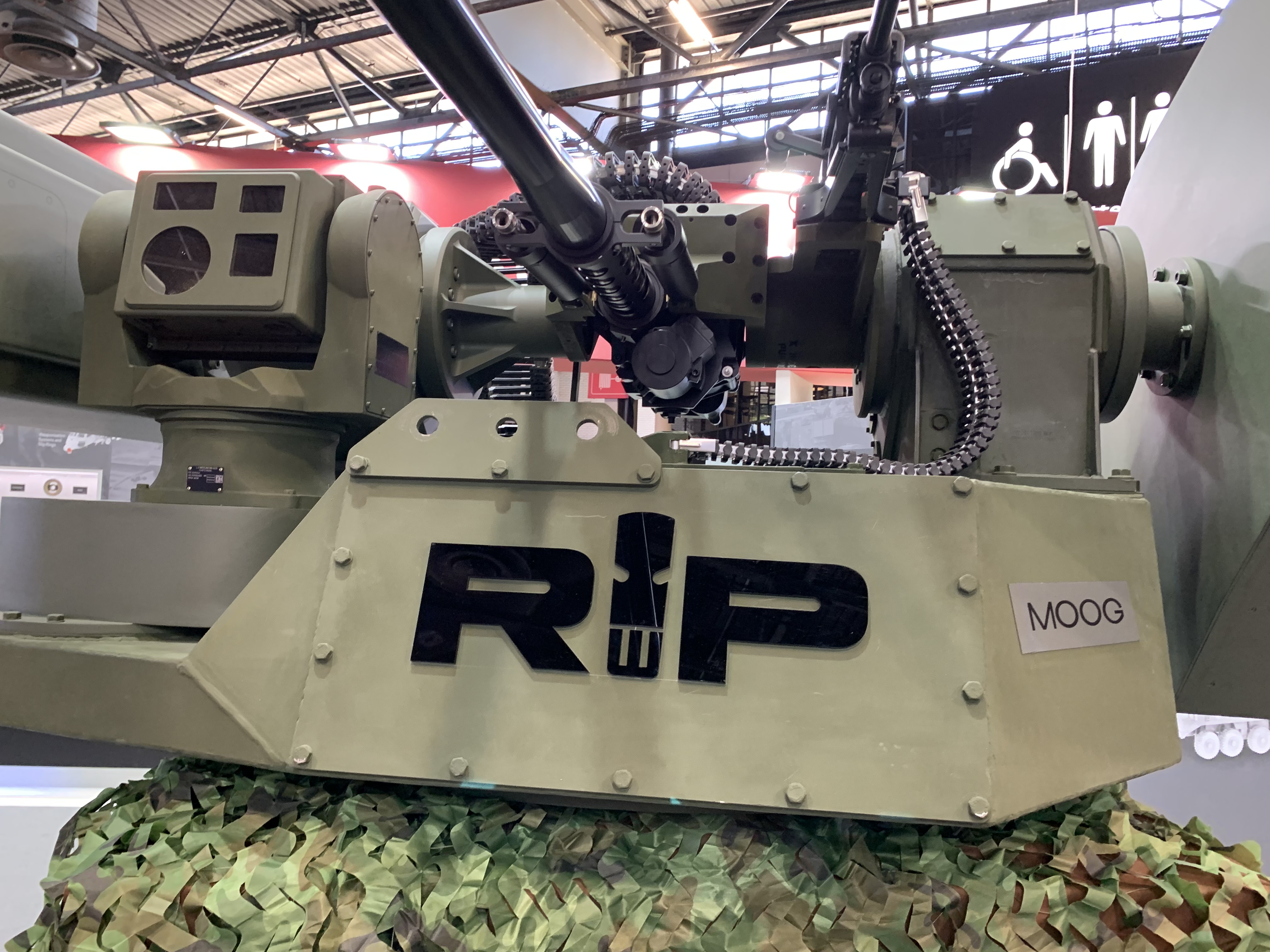

ESG ratings of defense companies and arms exports to war zones
Facing Finance has investigated thirteen sustainability ratings. It has analyzed whether ESG scores show a difference between companies that export arms to war zones and companies that do not, and whether the ESG scores of companies that export more weapons to more war zones differ from companies with fewer exports to fewer war zones. It is found that ESG ratings measuring financial sustainability risks relative to peer industries tend to be positively correlated with arms exports to war zones, while ratings that are absolute and measure sustainability controversies are negatively correlated with weapon exports to war zones.
German banks and the war - Divest or Invest?
The Russian war of aggression against Ukraine has influenced the discussion about the defence industry and arms exports to conflict zones. In this context, some banks might weaken their guidelines on arms manufacturers. Therefore, we have analyzed how banks active in Germany changed their policies and the respective criteria guiding their financing of the armaments sector following the war in Ukraine. Thereby, we discuss how weak guidelines potentially could increase the risk of contributing to human rights violations and war crimes.
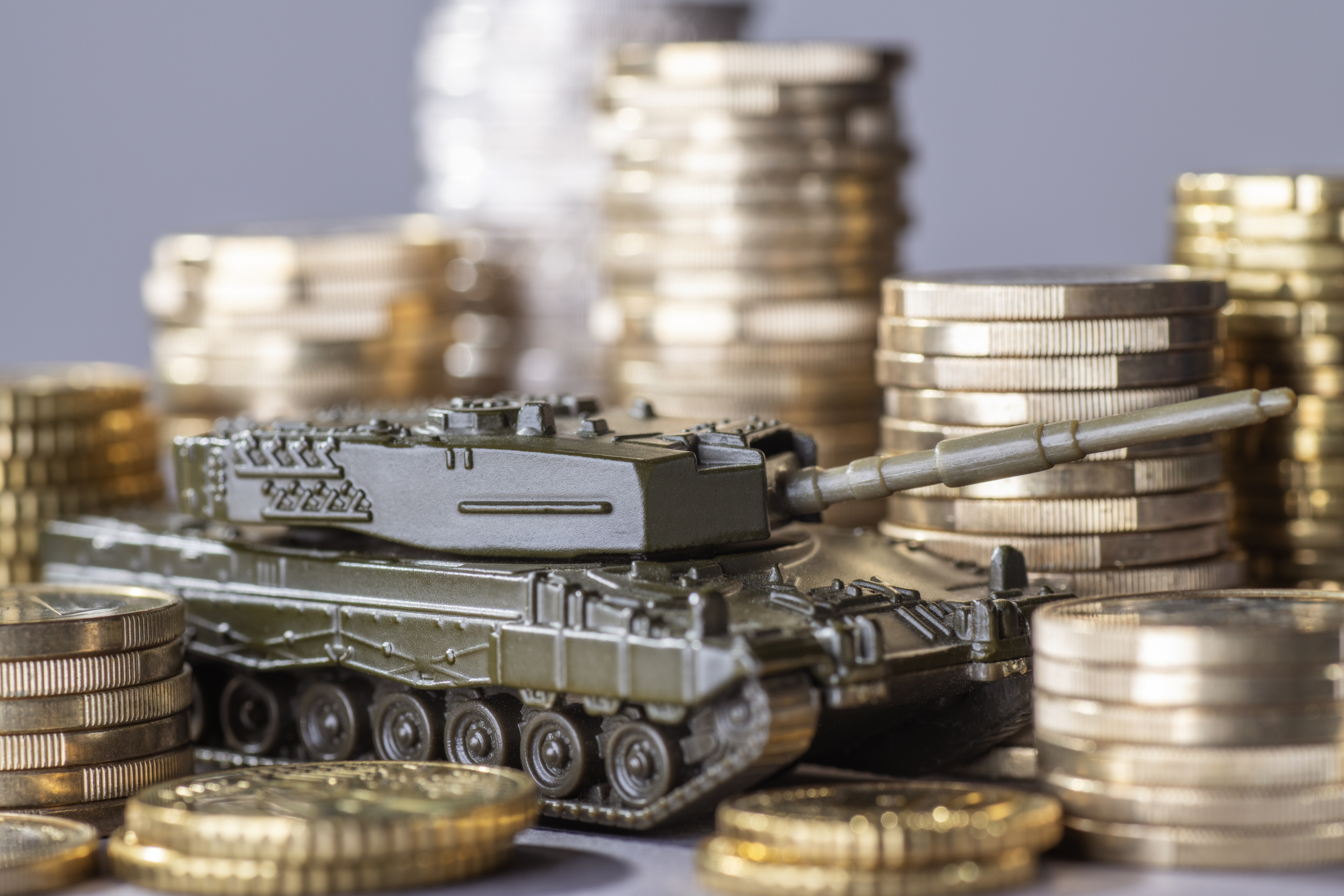
Arms Exports with Verified Use
In addition to the war zones, the actual arms deliveries and the companies responsible for them, the Exit Arms database also records the use of weapons systems in a few selected examples. In this context, only the use of weapons is verified if the delivery of this weapon is already recorded in the database. In this article, examples from the war zones in Yemen, Syria and Nagorno-Karabakh are presented.
Yemen
Since a military coalition led by Saudi Arabia entered Yemen in 2015, the country has been ravaged by continuous air strikes, arbitrary artillery attacks and numerous violations of fundamental human rights. The anti-Houthi coalition consists of Saudi Arabia, the United Arab Emirates (UAE), Sudan, Qatar, Egypt, Jordan, Bahrain, and Kuwait. Most airstrikes are launched by Saudi Arabia – often hitting civilian targets. These attacks constitute violations of customary international humanitarian law and may amount to war crimes, as they violate the principles of distinction, proportionality and precaution.
The war in Ukraine skyrocket the stock of Germany's largest arms manufacturer, Rheinmetall, to record levels. On the eve of the Russian attack, it stood at around 95 euros, two month later in April 2022 at 214.8 euros. An increase of 150 percent. Rheinmetall can look back not only on an economically successful fiscal year 2021, but also on a rosy future. The company consists of two divisions, Automotive and Defence. The Defence sector now dominates with a 63 percent share of sales and is expected to rise to around 70 percent in 20251. In 2021, arms sales of around 67 percent of total sales went to countries in the European Union, 42 percent to non-EU countries, in particular Australia and parts of the MENA region (Middle East and North Africa2.
1. https://www.deraktionaer.de/artikel/aktien/rheinmetall-massiver-umbau-neue-ziele-die-details-20225194.html↩ 2. Answer to a question on the Annual General Meeting 2022↩

